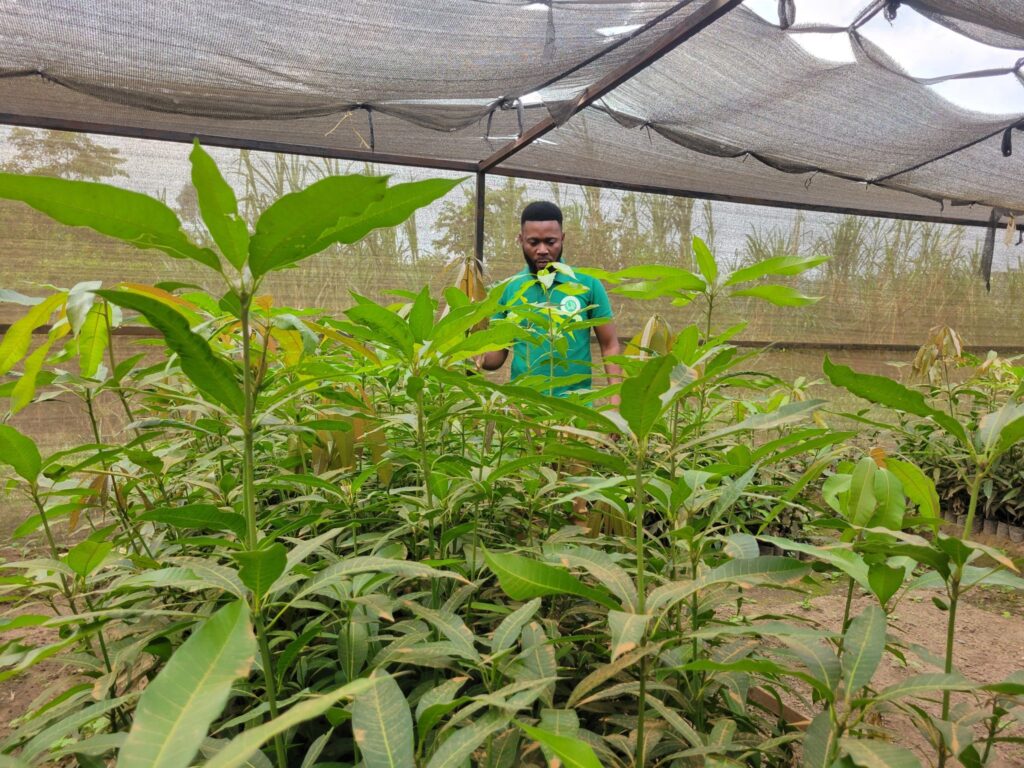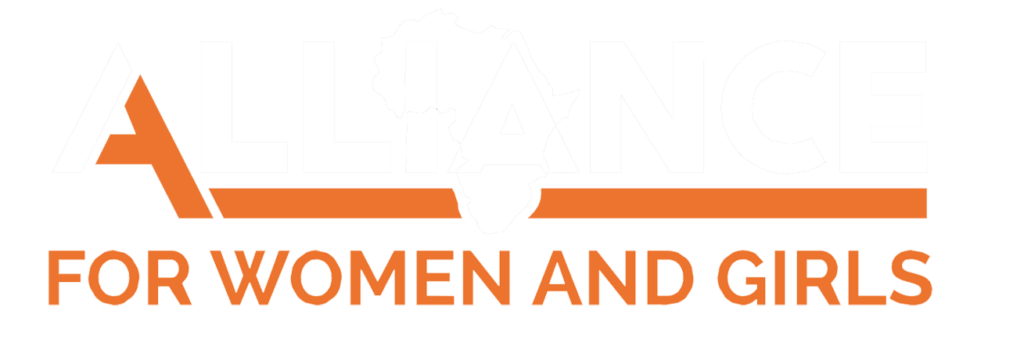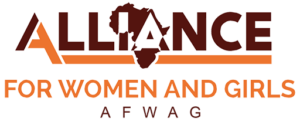
With more than 1.55 million refugees, Uganda is Africa’s largest refugee-hosting country, presenting unique challenges and opportunities for sustainable development. In response to this, Live in Green was established to promote an integrated and people-centred approach, engaging both refugees and host communities in eco-friendly activities that protect the environment while enhancing their livelihoods. They recognize that reliable energy is critical for poverty reduction and society’s social and cultural transformation. The variability and unpredictability of rainfall have grown due to significant changes in weather patterns, posing a serious danger to Uganda’s resource-dependent livelihoods. The management of these ecosystems has been progressive, methodical, and artificially induced, which has resulted in resource scarcity and productivity declines, unequal access that fuels conflict, population displacement, and increased human vulnerability. Therefore, improving land productivity, decreasing poverty, and strengthening the resilience of populations who depend on natural resources all depend on the management and restoration of ecosystems.
Live in Green Live in Wealth Youth Initiative is a refugee-led organisation (RLO) in Kampala, Uganda. It was founded in 2016 by Solomon Bhaghabhonerano, who is a refugee from Congo, with the aim of conserving the environment, promoting food security and education among refugees and host communities.
Their key programs include:
- Agro-forestry: Establishing tree nurseries to enhance land productivity and environmental sustainability.
- Agriculture: Promoting sustainable farming practices to boost food security and economic independence.
- Energy Efficiency: Introducing improved cook stoves to reduce respiratory diseases and lessen the need for unsafe firewood collection.
- Waste Recycling: Producing briquettes from biodegradable waste, offering women alternative livelihoods and reducing reliance on harmful charcoal production.
- Vocational Education: Providing skills training to equip individuals with the tools needed for entrepreneurship and self-sufficiency.
These programs promote integrated and people-centred approach towards engagement of refugees and host communities in eco-friendly activities to protect and conserve the environment while improving their livelihoods.
Empowering Women
The initiative places a strong emphasis on improving the Sexual and Reproductive Health and Rights (SRHR) of women. By providing access to clean energy through utilising traditional cooking methods, there is a reduction in respiratory diseases and minimises the need for women to venture into unsafe areas to collect firewood, reducing the risk of gender-based violence. Waste recycling projects, like producing briquettes from biodegradable waste, have offered women alternative livelihoods, lessening their dependence on harmful practices like charcoal production. Similarly, the organisation’s entrepreneurship training equips women with business skills, enabling them to start and manage their own ventures. Additionally, sustainable farming practices, including fruit farming, enhance women’s agricultural productivity and contribute to their economic independence. Their initiatives collectively empower women, improving their health, safety, and economic opportunities, The Live in Green’s commitment to empowering women and girls through sustainable practices echoes the broader mission of AFWAG, which is to empower and amplify the efforts of leaders and organisations in Africa committed to achieving gender equity.
AFWAG believes that by supporting grassroots initiatives like Live in Green, we can create a network of resilient leaders who drive meaningful change in their communities. Through collaboration and shared learning, we are building a future where every woman and girl can thrive, ensuring that the impact of these efforts will be felt across the continent for generations to come.


